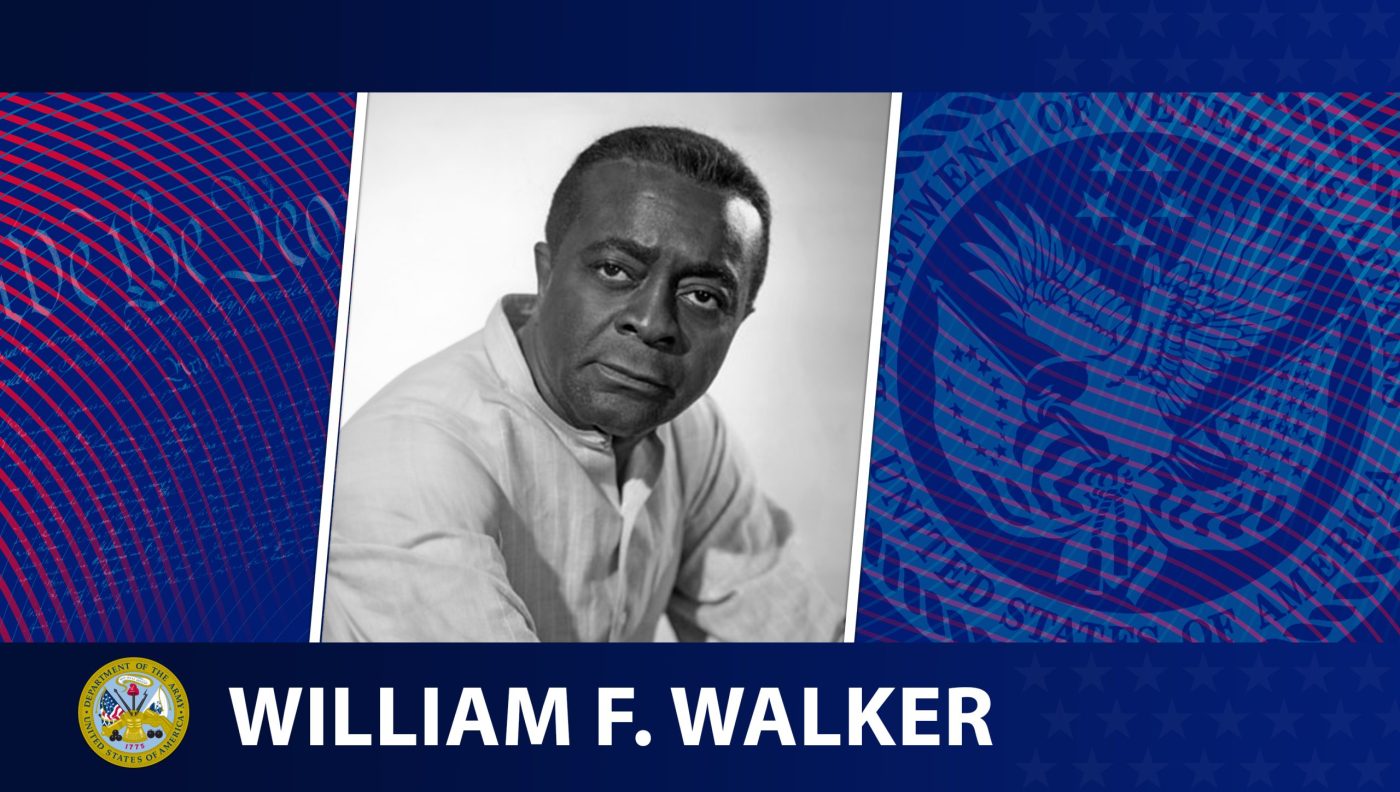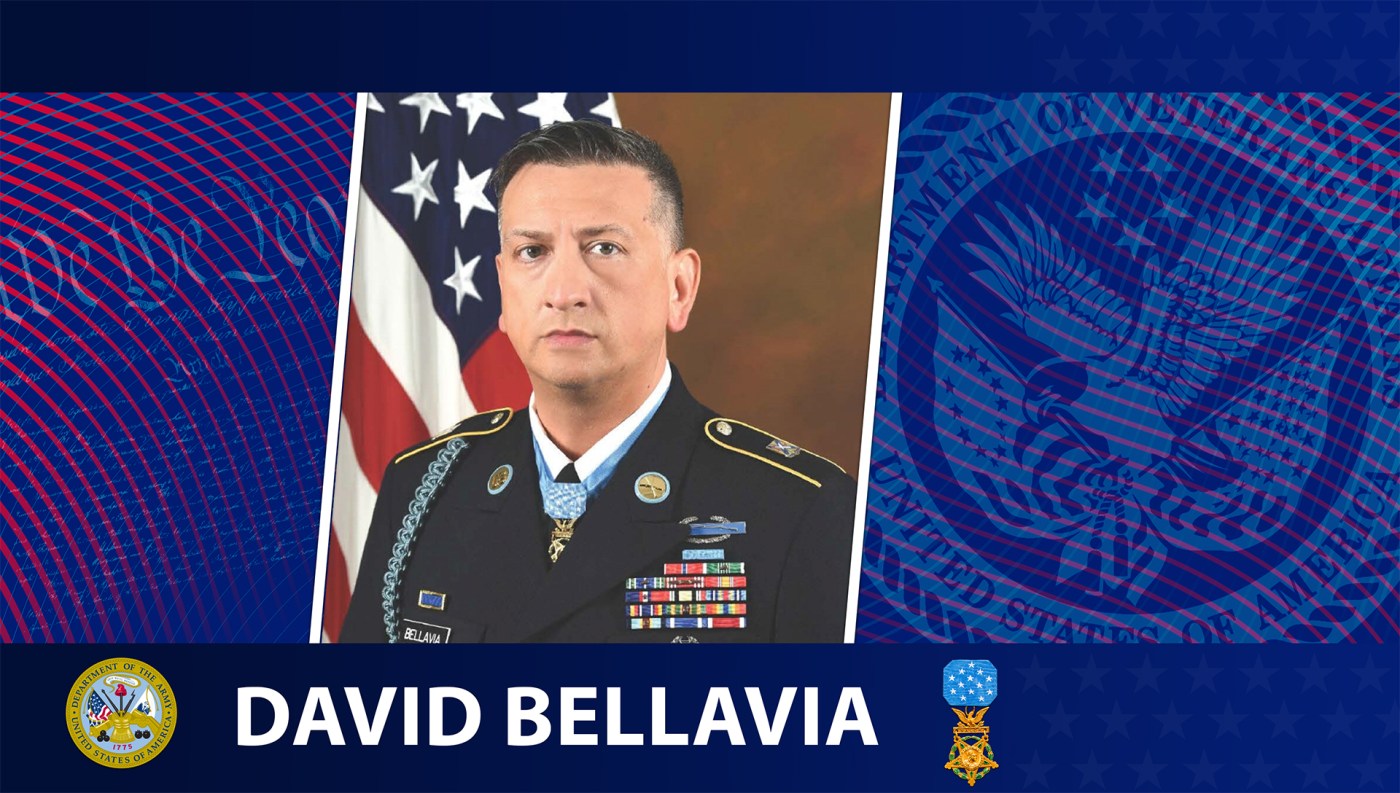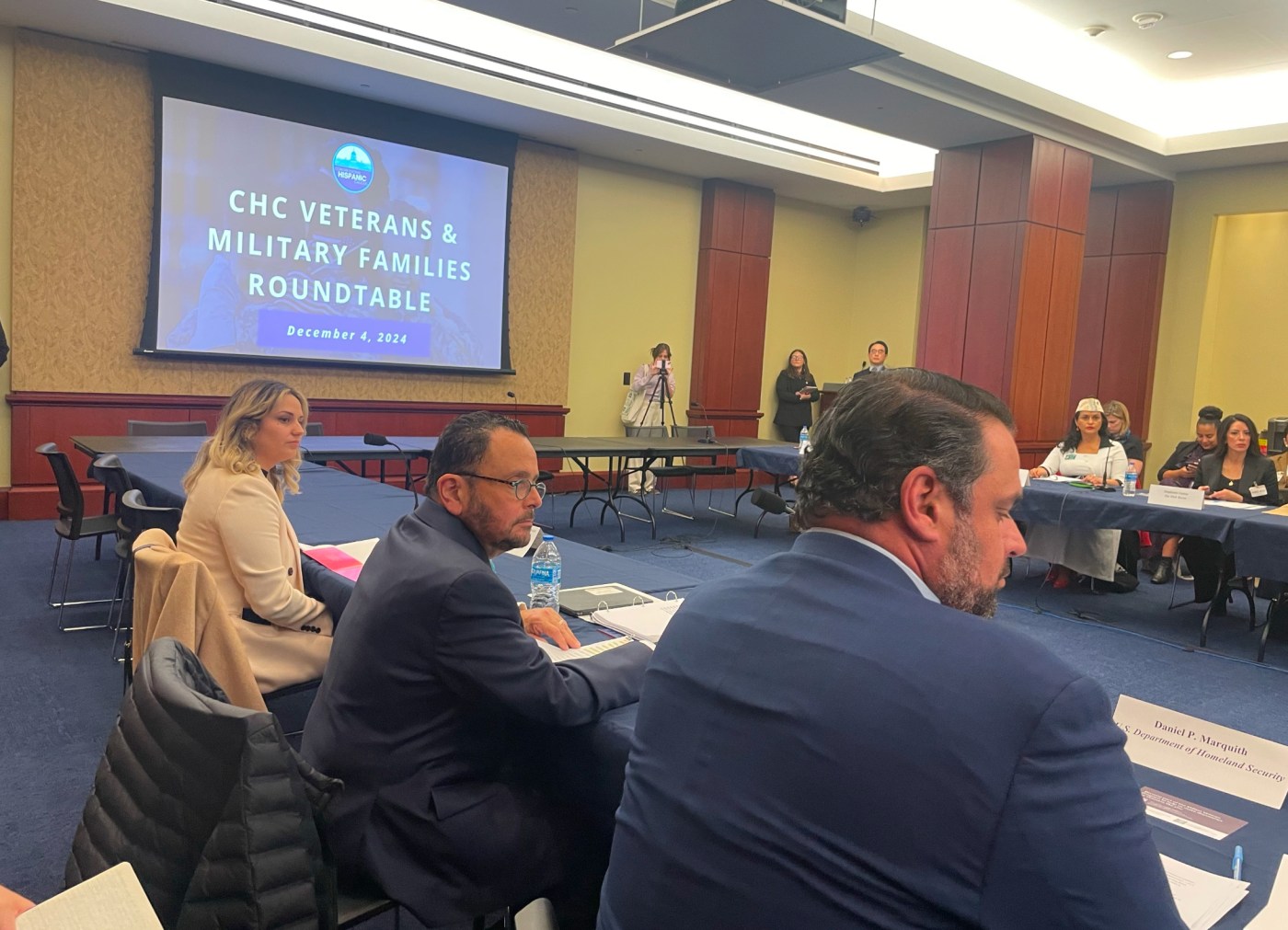This week’s Honoring Veterans Spotlight honors the service of Army Veteran William F. Walker, who served with the American Expeditionary Forces during World War I.
William “Bill” Franklin Walker was born in July 1896 in Pendleton, Indiana, and was raised by his grandparents, William and “Aunty” Howell. The grandson of slaves, Walker was the first African American to graduate from Pendleton High School in 1915.
After graduation, Walker joined the Army as a private first class. He served with the all-Black 351st Field Artillery, 92nd Infantry Division in France during World War I and was discharged as a corporal in March 1919.
Following the war, Walker attended the University of Illinois, then studied dramatics at Columbia University in New York. During this time, he began to work as a stage manager and actor on Broadway. He debuted in the musical “Golden Dawn” in 1927 and went on to act in several Broadway roles throughout the 1920s and 1930s.
Walker eventually became a character actor in both movies and television in Hollywood, with his first role being in the 1946 film “The Killers.” He would go on to act in many films throughout the mid-20th century, including “Boy Who Caught a Crook” (1961), “Tick, Tick, Tick” (1970) and “Big Jake” (1971). Walker was most known for his role as Reverend Sykes in the 1962 Academy Award-winning film “To Kill a Mockingbird,” a performance and film that addressed several important social issues regarding race, class and gender. In total, Walker acted in more than 100 films and television shows over his 65-year career.
Throughout his career, Walker attempted to defy racial stereotypes in his acting roles, often arguing with directors who wanted to portray him in a racialized way. In 1951, he joined the Screen Actors Guild (SAG) and its board, where he worked with then-SAG president Ronald Reagan to hire more Black actors and address the limited roles offered at the time. He was unafraid to advocate for change, often making calls to change the roles that African Americans played in movies and to make films that reflected the reality of Black lives. In 1963, Walker worked with the NAACP in negotiating a nondiscrimination clause in the SAG’s agreement.
In 1959, Walker married Canadian actress Peggy Cartwright.
Walker died of cancer in January 1992 at age 95. He is buried at Riverside National Cemetery in Riverside, California.
We honor his service.
Nominate a Veteran for Honoring Veterans
Do you want to light up the face of a special Veteran? Have you been wondering how to tell your Veteran they are special to you? VA’s Honoring Veterans social media feature is an opportunity to highlight your Veteran and his/her service.
It’s easy to nominate a Veteran. All it takes is an email to newmedia@va.gov with as much information as you can put together, along with some good photos. Visit our blog post about nominating to learn how to create the best submission.
Writer: William Beterbide
Editor: Lillian Williams
Graphic Designer: Raquel Ortega
Topics in this story
Link Disclaimer
This page includes links to other websites outside our control and jurisdiction. VA is not responsible for the privacy practices or the content of non-VA Web sites. We encourage you to review the privacy policy or terms and conditions of those sites to fully understand what information is collected and how it is used.
More Stories
This week’s Honoring Veterans Spotlight honors the service of Army Veteran David Bellavia, who received a Medal of Honor from the Iraq War’s deadliest operation, the Second Battle of Fallujah.
VA joined the Congressional Hispanic Caucus at a roundtable event to discuss the challenges faced by Hispanic Veterans and military families.
This week’s Honoring Veterans Spotlight honors the service of Army Veteran Scotty Hasting, who served in Afghanistan.






